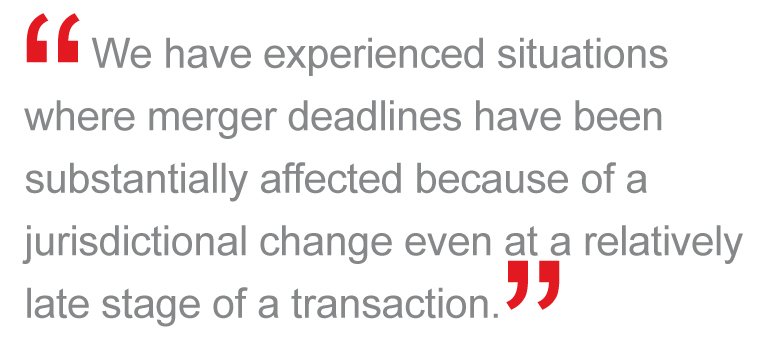Taxation as route to economic diversification – Vieira de Almeida
In an effort to open up the economy and reduce reliance on the oil and gas sector, the Angolan Government has changed its foreign investment and now, its tax laws
The Angolan Government is introducing wide-ranging changes to the country’s tax regime that will have a clear impact on businesses operating in the country, says Tiago Marreiros Moreira, Head of Tax at Vieira de Almeida in Lisbon, and Head of the firm’s international operation, VdAtlas which is active in Angola and Mozambique.
“Angola remains a primary investment destination for Portuguese businesses and is of growing interest to multinationals. The obvious attraction is the oil and gas sector, but the Government is also putting a lot of emphasis on infrastructure and construction, and the announced tax reforms are part of wider legislative moves intended to diversify the economy and promote investment more widely.”
The country’s rapidly developing economy has already attracted a lot of investors, notably via Portugal, but relatively little of the wealth and profits generated have stayed in the country. The Angolan Government is therefore now looking to attract newer, larger, investors who will stay for the medium and long-term and reinvest their profits in new businesses.
“A new law on private foreign investments came into force last year that raised minimum investment thresholds, but it has also clarified issues surrounding some tax incentives available to businesses as well as issues like repatriation of profits – clients are still very interested in the country even though it may not always be the easiest place in which to do business,” he says.
Investors are inevitably looking for the most efficient legal and business structures to suit their needs and this usually requires finding a local partner, he says, so any dividend and tax arrangements have to offer comfort for all sides.
“We are now seeing demand for more sophisticated structures which vitally attract the full benefits of the new foreign investment regime.”
Angola is nonetheless seeing a major reform of both its private and corporate tax regulation, the substantive body of which was published in late February but has retrospective application, taking effect as of January 1st, 2012.
“A major driver behind the changes is to help better manage the country’s oil revenues. Angola suffered financially with the global fall in oil prices between 2008-2011 and now wants to build a deeper economic cushion to protect against price volatility.”
In applying the new regime, the focus is initially towards the major domestic businesses, says Marreiros Moreira. Such a strategy, it is hoped, will act as an example to smaller businesses. Currently, around 70 percent of the Government’s revenues are derived from the oil and gas sectors and the largest corporations are first being targeted to recover the greatest economic rewards most quickly.
“The new legislation mirrors to a certain extent that recently introduced in Portugal. Angolan law remains heavily influenced by the Portuguese system, but also because of the close interconnection of the legal communities and jurisprudence. In practical terms, it means we can use Portuguese jurisprudence and structures as a starting point for the interpretation of the new rules.”
New tax concepts, including transfer pricing, have also now been introduced, which Marreiros Moreira suggests may be a precursor to the introduction of a VAT-style sales tax in the next few years.
“First, the Government needs to encourage the creation of a consumer sector, but we have seen parallels in other African countries with a move towards the taxation of consumption in general. VAT requires a more mature, diversified, economy, but is also highly efficient as it is self-imposed by consumers down the supply chain.”
There is also the introduction of a “stamp duty” and in addition, and reflecting the close economic ties, Angola and Portugal are also now looking to establish a Double Tax Treaty; which would be Angola’s first.
“Once agreed, the Treaty will again help to reinforce the countries as investment partners and of Portugal as a base for Angolan investment – we already see many investors utilising Portuguese Holding Companies for their local operations,” says Marreiros Moreira . “Taxation however remains the primary source of Governments’ income. Get it right and the economy grows, get it wrong and it stifles inward investment and consumption. In Angola, we are all hoping the Government is getting it right.”












